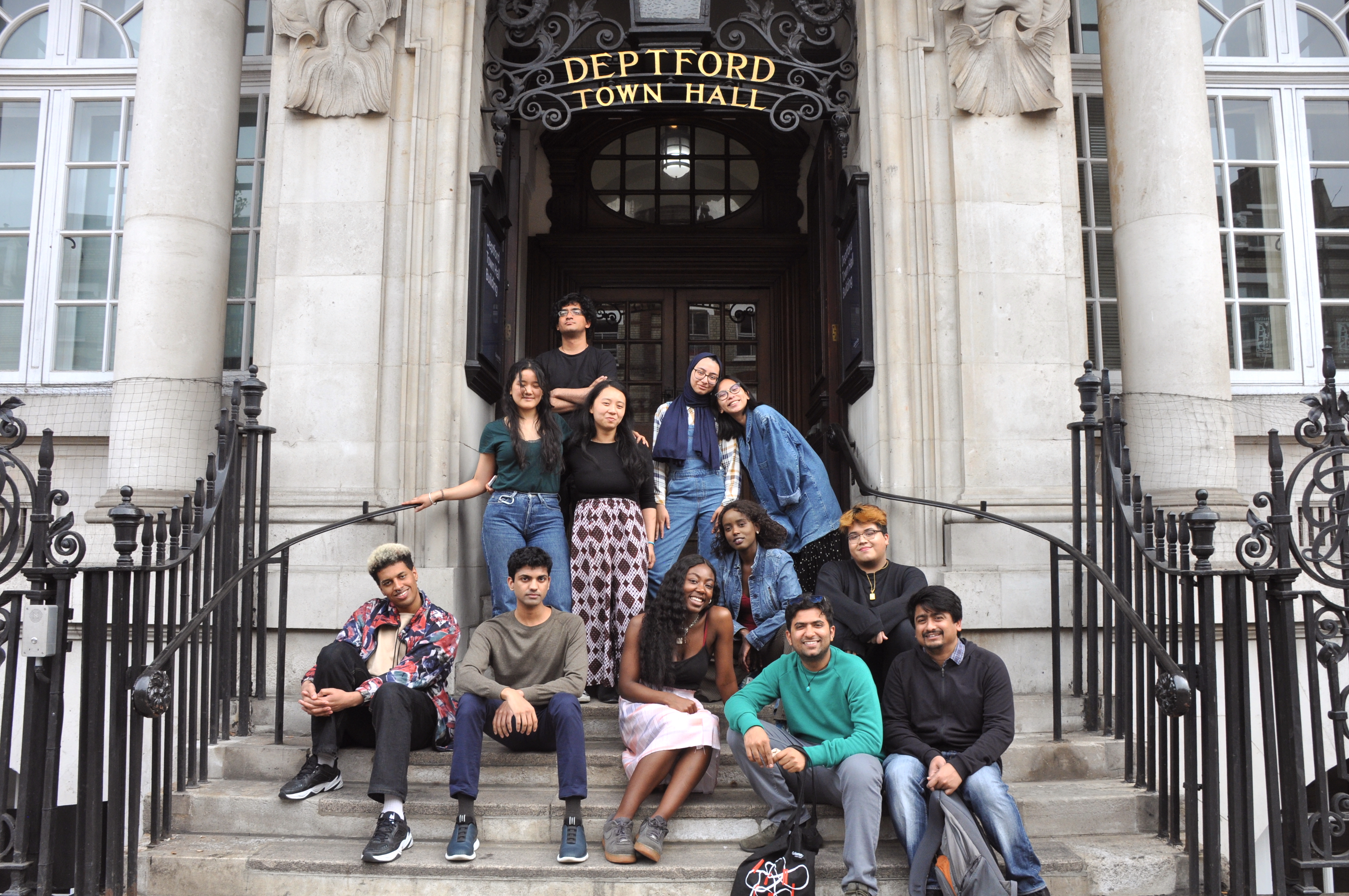
This year’s NUS Black Students’ Conference (NUSBSC) was for me, much like the previous year. I arrived disappointed and left feeling the same. Now, don’t get me wrong. I have met some brilliant individuals and activists through NUSBSC, whose work on anti-racism continues to inspire me, but the fact that the campaign mobilises around “political blackness” makes me incredibly uneasy, to say the least.
For those who aren’t familiar with “political blackness”, it is an ideology firmly rooted in the anti-racist movements of the 1970s and 1980s in Britain, where many black and brown activists identified as “black”. This was in order to assert solidarity and unity in the face of what was experienced by many as a homogenised experience of racism and xenophobia. Today, racism is acknowledged as being more specific in its effects. There are distinct and unique experiences of racism which cut across colour lines, gender, religion, sexuality and class. Notwithstanding, these variations have always existed, however, not only have they become more pronounced today, we are also equipped with the appropriate language to talk about them. Consequently, this makes the idea of unifying under a single racial identity impractical.
Fast forward 30 years and political blackness has experienced a mainstream resurgence through NUS Black Students, a faction of the larger NUS body for students of colour. The question is, how safe and inclusive is such a space when many “ethnically” black students feel their identities as well as their oppression(s) co-opted and monopolised?
During last year’s conference, it seemed that the question of inclusivity and the clearly deep-seated tensions surrounding the theme of political blackness had come to a head when a motion was presented proposing that NUS Black Students rethink its stance on adopting “black” as an umbrella term. The motion was not passed, and left in its wake calls for further discussions on how NUS Black Students utilises political blackness. A year later, Motion 401 was brought forward to discuss that very same issue, but this time it was billed as the remedy to the unrest. It reiterated the historicity of political blackness and the importance of unity in the face of white supremacy, but it resolved to engage in more “consultations”, rather than putting forward any tangible changes to the name of the campaign.
Recounting the drama that followed Motion 401 is honestly a chore, but I can honestly say I have never witnessed a process as bureaucratic and confusing. There were numerous amendments, parts and incoherent speeches, creating an isolating environment especially for first-time delegates unfamiliar with the system. After all the fracas, Motion 401 was eventually passed, but it left many asking what it really meant in practice.
Feelings of deep frustration followed my fellow SOAS conference members and I as we left, as yet again our voices as Black students had been drowned out. This experience was for me another manifestation of the erasure of Black individuals from spaces which they helped build. We are not only asked to accommodate and include others in our individual movements, we are also asked to share our identities and sense of self too when we collaborate. This sentiment was shared by black delegates, who used Twitter as a medium to air their frustrations:
In fact, even before Motion 401 was debated, there was palpable tension throughout the first day the conference. I recall the wonderful Phyll Opoku-Gyimah – co-founder of UK Black Pride – giving the opening speech, where she mentioned “Black Girl Magic”, and frequently used “black” in contexts which were specific to the cultures of “ethnically” black people. The discomfort around our table was palpable, as we exchanged sighs and eye-rolls, almost as if to ask: is she aware of her audience? This particular example hits at the heart of the problem many “ethnically” black members of the campaign have with political blackness: we simply don’t know who is being referred to when “black” is used.
Throughout the conference, there were many moments when delegates and observers alike took the opportunity to air their grievances with the homogenisation of experiences of racism. Beverly Isibor, the BME Officer at Kent Student Union, was particularly outspoken about this, asking how the attainment gap will be tackled in a politically black organisation when “ethnically black students are the worst affected”. Attempts to silence the grievances of black students were also apparent: Adwoa Darko, Co-President of SOAS Student Union was visibly frustrated by the gas-lighting which was constant throughout discussions. We noticed that guest speakers were also roped into this process, as time and time again they reiterated the importance of unity and solidarity, rather than playing into divide and rule strategies, insinuating that the black delegates themselves were causing a rift, not political blackness.
What is often ignored is that these racial identities, which are the products of white supremacy, have now become legitimate in themselves. This means that as black and brown people alike, we now own our identities as we have crafted spaces and mediums of cultural expression from them. There is nothing wrong in acknowledging that, rather it is an inherently anti-black practice to ignore it.
Honestly, I am unsure how the coming months will play out. Will the consultations bring about any sort of change in how NUS Black Students associate with political blackness? Or will we see the campaign brush it under carpet for yet another year? The new Black Students Officer elect, Ilyas Nagdee, has pledged to remove “black” as an umbrella term and to reshape how the organisation identifies itself but only time will tell if he makes good on his pledges. Regardless, what is evidently clear is that political blackness is posing a threat to the unity and future of this campaign.









